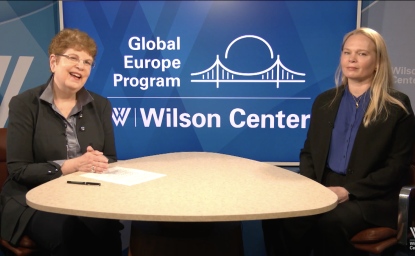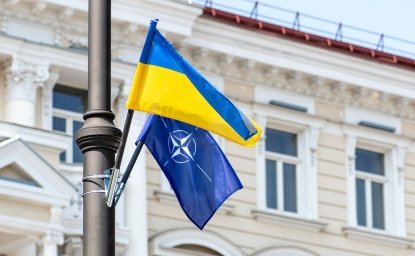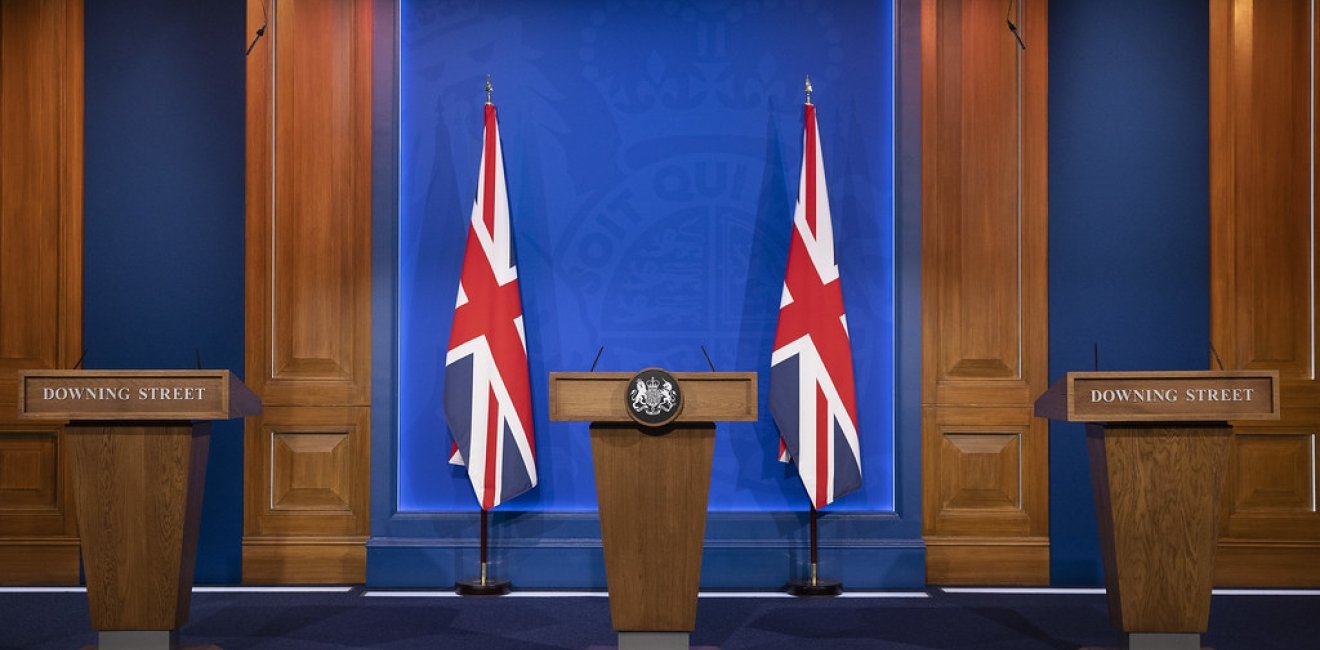“The public is sick of Brexit” was a common sentiment at Sunday night’s UK television debate between the five finalists for Prime Minister. The general opinion in Britain is that Brexit is done. But that ignores the number of troublesome issues that still must be resolved with Brussels. The most urgent is the Northern Ireland Protocol.
To persuade the Unionist party of Northern Ireland to share power with Sinn Fein, the winners of last May’s election, Boris Johnson introduced the Northern Ireland Protocol Bill. If enacted, the Bill will radically change the Protocol, ending custom checks on goods passing from Britain to Northern Ireland so long as that product remains there. All other goods with onward destination into the Republic of Ireland and thus into the European Union (EU) will be checked. Brussels rejects this reasonable reform because Westminster would impose it unilaterally instead of through negotiations. The EU offer to negotiate the Protocol in October 2021 was rejected by Johnson’s government. Scrapping the Protocol rather than negotiating reasonable changes risks violating international law. This would certainly provoke retaliation from EU politicians.
The Protocol Bill is currently in Committee and still needs a third reading in the House of Commons before going to the House of Lords where an additional three readings are required. Given the lengthy procedure no one believes this Bill will become law soon.
But the Northern Ireland Protocol is not the only challenge to “get Brexit done.” The next Prime Minister needs a more conciliatory attitude toward negotiating with Brussels as there are a number of policies that Westminster needs from the EU, and vice versa.
These include the reform of the Common Agricultural Policy (CAP) to reward farmers for sustainable farming practices rather than the amount of land farmed. Unwinding the CAP is a complex and lengthy process affecting important UK farming constituencies. Discussions with Brussels to undo the EU’s data protection regime are, likewise, complex and would probably incur the loss of the ongoing EU data processing agreement. Multiple EU regulations affecting UK business practices will need to adapt to new processes. In short, EU standards and regulations still bind the UK to the EU and unwinding them requires both time and more civil servants who can assume new responsibilities post Brexit as they redraft and introduce processes for shifting from one set of regulations to another.
If the UK government seeks to continue exporting chemicals to the EU single market, the UK will have to follow the new chemicals regulations that the EU is planning to introduce. The same applies to high tech regulations.
Energy strategies and the development of renewables in parallel with diversification from oil and gas are goals shared by the UK and the EU. The re-integration of the UK into the EU’s internal energy market would enable the pooling of resources to mutual gain. Likewise, scientific research will aid the development of renewables as well as the EU’s Horizon Europe program.
On trade both the UK and the EU have similar plans for high-tech borders to simplify import/export declarations. The alternative of dissimilar customs forms would undermine competition. On global policy questions, the UK and the EU share similar regulatory instincts and there is more to gain from convergence than divergence.
The next Prime Minister should make an honest assessment of where it makes sense to converge with the EU. The issues surrounding Brexit are complex and need time. Yes, the British public is sick of Brexit, but beneath the headlines lie thickets of regulations and standards that can be retained or changed. Serious thought is needed. This is not the moment to unilaterally push through changes merely to close the Brexit campaign.
Author


Global Europe Program
The Global Europe Program is focused on Europe’s capabilities, and how it engages on critical global issues. We investigate European approaches to critical global issues. We examine Europe’s relations with Russia and Eurasia, China and the Indo-Pacific, the Middle East and Africa. Our initiatives include “Ukraine in Europe”—an examination of what it will take to make Ukraine’s European future a reality. But we also examine the role of NATO, the European Union and the OSCE, Europe’s energy security, transatlantic trade disputes, and challenges to democracy. The Global Europe Program’s staff, scholars-in-residence, and Global Fellows participate in seminars, policy study groups, and international conferences to provide analytical recommendations to policy makers and the media. Read more

Explore More
Browse Insights & Analysis
The Growing Transatlantic “Big Tech” Rift Explained

The EU's Role in the Future of European Defense


